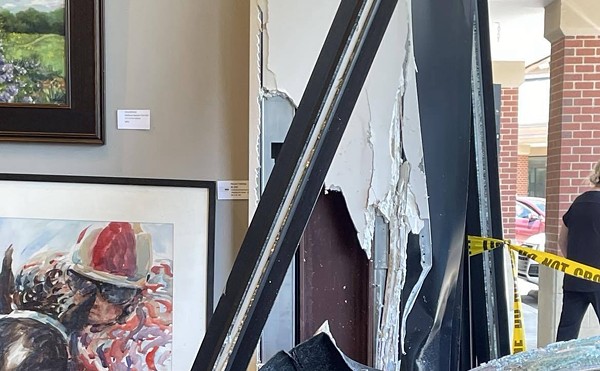The latest bombs in the ongoing Penn State and Florida A&M scandals have dropped. The headliner case, of course, is Penn State, Joe Paterno, and their handling of former assistant football coach Jerry Sandusky’s molestation of children.
Sandusky was recently convicted of abusing 10 boys over 15 years and will, most likely, die in prison. An independent investigation led by former FBI director Louis Freeh yielded a damning report on how upper-level Penn State officials handled Sandusky.
The “Freeh Report” opines that Penn State was entrenched in a retrograde culture controlled by four men: President Graham Spanier, head football coach Joe Paterno, Athletic Director Tim Curley, and Vice President Gary Schultz. The blistering 267-page document asserts that even though they had knowledge of Sandusky’s behavior for years, the quartet did nothing substantive “in word or action” to protect the children and showed “a total disregard for the safety and welfare of Sandusky’s child victims.”
Freeh concludes the four men repeatedly failed to deal with the troubling Sandusky dilemma because of one goal: “to avoid the consequences of bad publicity.” Outside of very insular circles that will support Penn State (especially Paterno) no matter what, reasonable people consider the alleged negligence of these men reprehensible.
Meanwhile, down the coast at historically black Florida A&M University, President James Ammons finally resigned. According to a recent document released by the school, three days before drum major Robert Champion was beaten to death in a hazing incident last November, FAMU Police Chief Calvin Ross suggested the suspension of the band because of out-of-control hazing.
This meeting was called because of serious injuries to another student in a separate hazing and, like Penn State, included high-level administrators. Joining Chief Ross were Dean of Students Henry Kirby, band director Julian White, police Lt. Angela Kirkland, Vice President William Hudson, Jr., and Provost Cynthia Hughes Harris.
According to the document, Ross recommended that either the entire band be suspended or, minimally, all upperclassmen be suspended. Kirby claims he supported the long-term suspension in hopes of scaring straight other campus organizations that hazed. FAMU has a history of hazing — including a fraternity incident in 2007 so severe that a few members of Kappa Alpha Psi were jailed. According to the university document, band director White rejected the police chief’s suggestion. White’s attorney now contradicts this account of the meeting, saying his client actually agreed the band should be suspended. Somebody’s lying.
Since then, White has retired (after Ammons unsuccessfully tried to fire him), the Florida A&M Board of Trustees has issued a vote of no confidence against Ammons (but did not demand his dismissal), the marching band has been suspended for a year, and Ammons finally resigned last week on the same day Champion’s family brought suit against the university.
In a statement concerning the decision not to suspend the band, Ammons said it was not him but the group present at the meeting who decided the police chief, dean of students and band director should simply talk to the band about hazing rather than suspend. What a copout. Ammons was the president, the leader. Ultimately, it was his decision. Like Penn State, FAMU also has rabid supporters who unquestioningly support the school and band. To this day, they do not blame the school’s leadership, the band, or the cross-organizational culture of abuse entrenched at the school — they blame Robert Champion for “choosing” to be hazed — and I guess for dying. Sad.
Both Penn State and FAMU’s leadership seemingly made decisions based on reputation and money, rather than propriety and decency. For Penn State, the football program is a legendary revenue-generating engine. In black college circles, FAMU’s band is just as iconic as Paterno and his football team and is a cash cow for the school. As a result of the misplaced priorities of two university administrations, several young men are psychologically scarred for life or, in FAMU’s case, dead.
No school in this country will take sexual abuse lightly for the foreseeable future. Why? Because powerful men lost their jobs. Unfortunately, FAMU doesn’t have the same national cache as Penn State, but let’s hope more presidents and upper-level administrators start losing their jobs in the wake of hazing incidents. If money talks, maybe the money taken out of these people’s pockets will talk more loudly than anything else.





